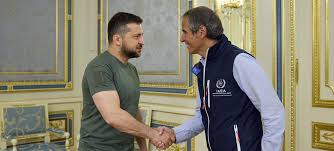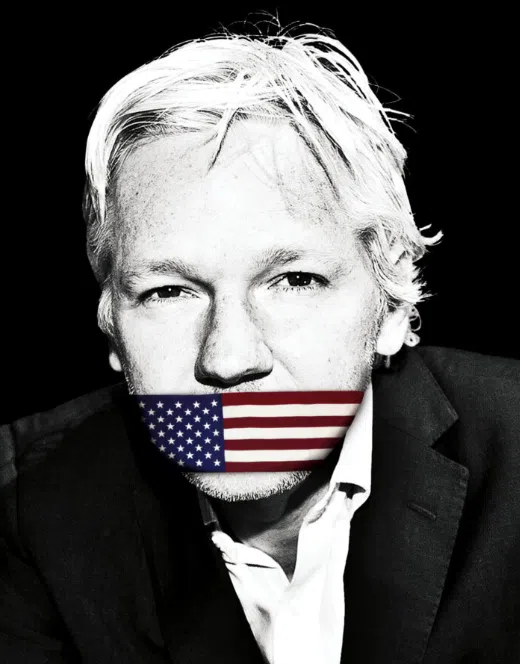In less than a week’s time, on January 13, approximately 19. 5 million Taiwanese citizens will cast their votes in a critical election to choose their next president. This election holds significant implications for regional stability. Additionally, voters will also be selecting lawmakers for the 113-seat legislature at nearly 18, 000 polling stations across Taiwan.
It is worth noting that the current president, Tsai Ing-wen of the Democratic Progressive Party (DPP), will step down in May due to the two-term limit.
Running for election to replace her are the current Vice-President Lai Ching-te of the DPP, Mr. Hou Yu-ih of the main opposition Kuomintang, and Dr. Ko Wen-je of the Taiwan People’s Party (TPP). Mr. Lai, a former doctor, has been involved in politics for nearly 30 years. He has represented Tainan, located in southern Taiwan, first as a legislator and later as its mayor.
Mr. Hou, the former chief of Taiwan’s police force, entered politics 14 years ago as the deputy mayor of New Taipei City. On the other hand, Dr. Ko, a former surgeon, made his political debut in 2014 by successfully running as an independent candidate for the Taipei mayoral seat.
China considers Taiwan, which is ruled separately, as part of its territory and aims to reunify it, even if it requires the use of force. However, the majority of Taiwanese prefer the current status quo.
Mr Lai and Mr Hou hold opposing views on China relations. Mr Lai, associated with the DPP, asserts that Taiwan and China are independent entities and reject the “92 Consensus” which suggests a unified China across the Taiwan Strait.
In contrast, Mr. Hou and the KMT recognize the 92 Consensus. In an interview with Taiwan’s China Times newspaper published on January 5, Mr. Hou even promised to initiate talks with China within a year if elected. Meanwhile, Dr. Ko, who presents himself as an alternative to both the KMT and the DPP, supports exchanges with China, emphasizing that people on both sides are one family.




